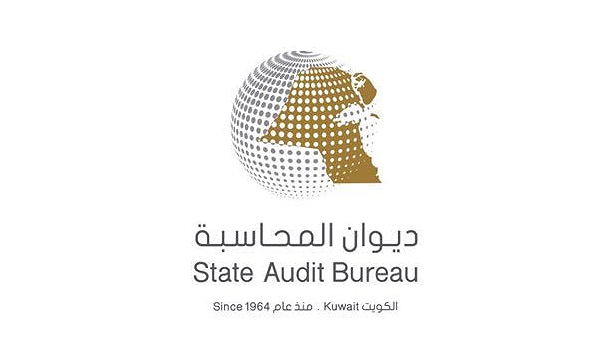By Khaled Al-Abdulhadi
KUWAIT: A report by the Audit Bureau for the year 2021/22 warned of the spread of unskilled workers in Kuwait, with negative political, social and economic effects, as well as for national security, without excluding the negative effects it has on foreign workers as well. The Audit Bureau's fourth edition of its report for nationals titled 'And life has returned to its nature' recognizes the negative effects that the country and expatriate workers are suffering from.
In its report, the bureau has made observations, predicted consequences, and put forth important solutions to fix these issues in the hope to ensure Kuwait remains a state that recognizes human rights and upholds it. The Audit Bureau's report falls back to the eighth objective of the sustainable development strategy, which hopes to strengthen economic development that includes all residents of Kuwait. The bureau sees that this objective is not being followed, and therefore made these observations:
(1) The spread of iqama and human trafficking conflicts with the principal role of Kuwait in the field of humanitarian work, especially since the average income of unskilled workers is not adequate for a quality life. (2) A large number of unemployed expats increases crime and violations. (3) Workers do not have assurance for what they paid for the visa to come to the country.
The bureau recognizes the most important negative social, economic, political and security consequences: (1) The negative implication on the reputation of Kuwait in international law organization reports and defamation resulting from protests over the living standards of unskilled workers. (2) Negative effects due to the imbalance of population demographics and its effect on the country.
(3) The increase in subsidies given to expatriates for electricity, water, transportation and medical services, among others. (4) The increase of crimes, which have been dangerously spreading. (5) The inability to control unskilled workers due to the inability of reaching them in one place.
The bureau gave these recommendations to fix the issue: (1) Confirming a clear policy through which the needs of the country are specified when bringing in workers. (2) Affirming a set of laws and regulations that organize expatriate affairs in the country and living and financial rights of the workers. (3) Working to reduce obstacles for expatriate workers on the humanitarian, legal and financial levels.
(4) The importance of the Public Authority of Manpower to review and observe diligently the situation of expatriate workers through issuing routine reports to the executive and legislative branches to request solutions to fix the situation. (5) The importance to apply law 32 for 2016, which criminalizes human trafficking and increasing the punishment on those who commit these crimes. (6) Working to improve the electronic connection between government departments for its positive effects on fixing the situations of expatriates. (7) The importance for PAM to show the challenges it faces in order to achieve the eighth objective for sustainable development, so that necessary steps are taken to face them.
On the introduction of the report, Head of the Audit Bureau Faisal Al-Shaya stressed that as part of collective national responsibility, it is important that cooperative action must be taken to raise the position of Kuwait globally, as the bureau is strengthening its supervisory role for the protection of public funds and to increase the quality of all institutions in the country. "The bureau, through this report, aims to continue its efforts to communicate with nationals and civil institutions to improve awareness about the important role of the Audit Bureau in protecting public funds," Shaya said during the introduction of the report.
In conclusion, the bureau sees that some local human traffickers have caused an immense imbalance in population demographics, which negatively affected citizens and foreign residents in Kuwait. Therefore, it finds it necessary to work for solutions it finds helpful, as it could help Kuwait uphold its international reputation as a humanitarian state, improve the relationship between locals and foreigners as well as improve the living standards of expatriate workers, while reducing the harm on the country's economy.











